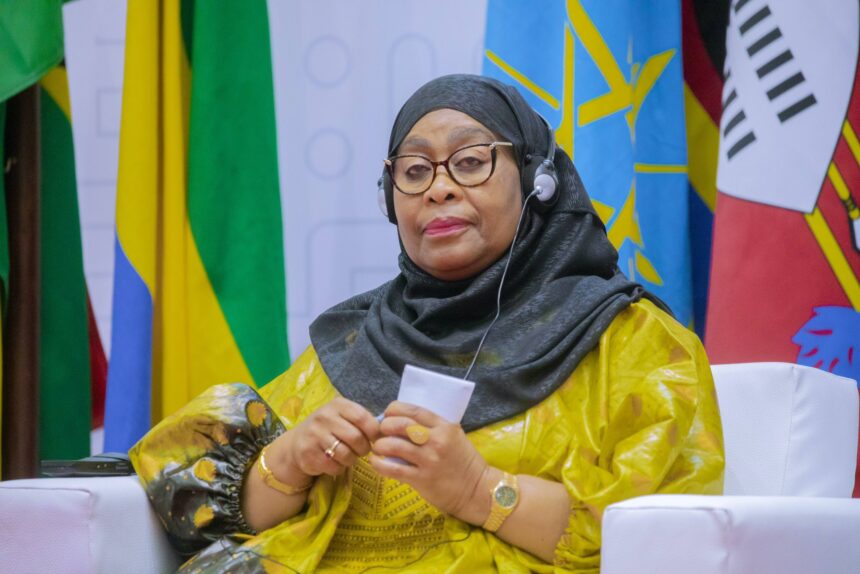The International Monetary Fund (IMF) Deputy Managing Director Bo Li has concluded his visit to Tanzania with a firm commitment towards supporting the country’s efforts in unlocking its development potential.
Mr Bo applauded the Tanzanian authorities’ efforts in implementing the country’s economic reform agenda.
“I commended the authorities’ commitment to preserving Tanzania’s macroeconomic stability in a challenging global environment,” he said in a statement on August 1.
“The authorities’ swift policy response helped contain inflation and safeguard the economy against spillovers from the war in Ukraine.”
The IMF also encouraged Tanzanian authorities to enhance domestic revenue mobilisation through tax reforms to help create the fiscal space needed to finance social spending and priority investment, particularly scaling up investment in human capital through increased spending on education and health.
In April, the IMF completed the first review of the Extended Credit Facility (ECF) programme, which unlocked about $153 million for budget support, bringing Tanzania’s total access under the programme to about $304.7 million.
The $1.04 billion three-year programme was approved by the IMF board in July 2022, with about $151.7 million disbursed immediately.
Spillovers from the war in Ukraine and domestic factors have weighed on Tanzania’s economic recovery from the pandemic, with economic growth slowing to an estimated 4.7 per cent in 2022 from 4.9 per cent in 2021.
Tanzania’s economy is forecast to recover to 5.2 per cent this year as global commodity price shocks subside and the business environment improves.


